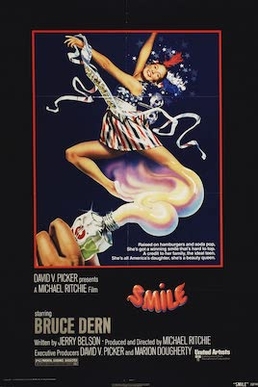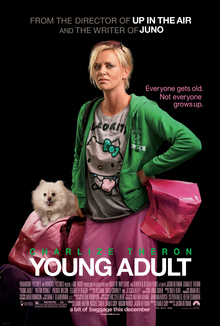Porco Rosso (1992) - Miyazaki
This tumult in the clouds
The set-up? Marco Rosselini, known to some as "the Crimson Pig" but known to all as Porco Rosso; is the scourge of all pirates operating in the Adriatic sea during the late 20's. He's a bounty hunter who supplies protection to private citizens and companies. His dominance in the sky has so infuriated the local underworld gang that they've hired a fighter pilot from America to blow his little red sea plane out of the skies once and for all.
There's lots of references to other genres and aviation films. The young American "gunslinger" who wants to make himself a quick reputation from Porco. There's a definite Casablanca vibe here. Porco has become a hard bitten cynic, who sticks his neck out for no one. Where have I heard that before? He also appears to be around the same age as Rick.
The film has a nice motif of havens and sanctuaries. Gina's apolitical night club is a place where the authorities and the underworld rub amiable and crooked elbows. Porco's own hideout is a secluded, idyllic island in a sea of blue. Fio (Porco's feisty new mechanic) mentions, when pilots return from the sky they are restored by the experience, like flying is good for the soul.
There's a vague allusion to desperate times. The pile of money he dumps on the desk for his new airplane seems at first a colossal fortune, but due to spiraling inflation it's almost worthless. All the men have abandoned the city looking a decent paycheck elsewhere, and only women are left to repair his plane.
The dangers of conformity. Although once a pilot and war hero for Italy, Porco is now a hunted by this same nation, refusing to go along with the hard right turn. He prefers to be a pig without values, without a patriotic bone in his body, motivated only by money.
Porco Rosso is careful not to live by the sword. When he catches the pirates, he allows them to hold back enough of the loot to restore their plane to working order, reflecting his live and let live philosophy. Above all, this is a dangerous world where life is fragile. Which parallels a similar melancholy pain in the chanteuse, Gina. She's lost all of her pilot husbands in accidents. When Porco shows up at her cafe the first night, she mentions she's just gotten notice, after three long years of waiting, the authorities have identified some remains at a crash site as that of her third husband. She's going to have to wait some more.
And lastly, his metamorphosis into a pig seems highly subjective. It comes from out of the last great air battles in the dwindling months of the first world war where he was the soul survivor; he entered this great dogfight a human, but exited it a pig. If not suffering from PTSD he certainly seems to be carrying a heavy load of survivor guilt. This is also delightfully passive, suggesting personal loss as the root of his troubles, however he's probably more traumatized by the amount of killing he did and that, has transformed him into a beast.

There's little moments of poetry. A faraway plane glints in the sunlight. A vapor trail that turns out to be dead pilots of all nationalities cruising peacefully in heaven. The new engine for his retooled airplane is of course, a Ghibili. The plane's color is muted inside the shop, but once outside, it brightens in the sunlight. The engine looks vaguely animal perched on the top of his plane with it's suggestive maw and frog-like eyes.
There's also some inspired silliness. The sailors make a living arrow on the deck of the cruise ship pointing to where the bad guys went. The kidnapped school girls are allowed to play in a cargo hold filled with grenades, machine guns and sea mines. The "no credit" sign hung on the wall of repair shop. When Curtis, the American pilot jumps from a cliff, he sticks his landing and like gymnasts do when flung a little too harshly from the parallel bars, he does a little hop forward.
The film is quick to remove anything that would frighten or trouble a child, but I think the optimal viewing age seems to be north of childhood, way north. The film was originally designed to have been a short in flight movie on a Japan Airlines, the target audience being middle aged businessmen heading into murky international waters or returning home. This seems correct, real life is suggested in countless ways and the horrors of war and emotional trauma intrude seamlessly into this fantasy world.











